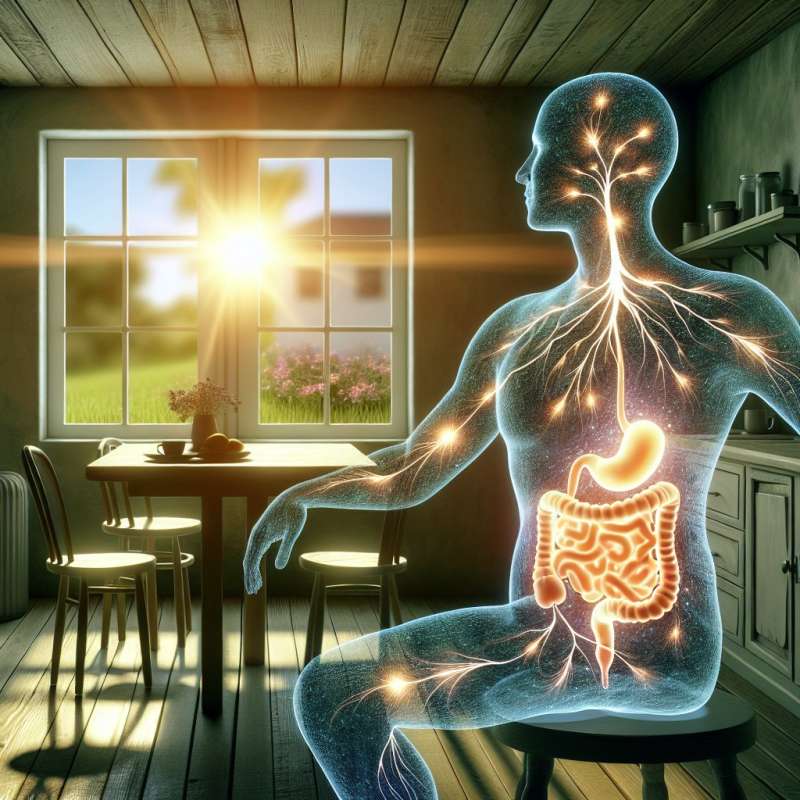
Introduction to Gut-Brain Axis
Exploring the gut-brain axis reveals a complex communication network. This bidirectional pathway connects our central nervous system to the enteric nervous system, mediated by microbiota, hormones, and the immune system, affecting our mental health.
Microbiome's Impact on Neurotransmitters
Gut bacteria produce various neurotransmitters, including serotonin and GABA, which influence mood and anxiety. Surprisingly, about 95% of the body's serotonin is produced in the gut, not the brain, highlighting the microbiome's significant role in emotional well-being.
Stress Altering Microbial Composition
Chronic stress can reshape the gut microbiome. Stress hormones like cortisol can lead to dysbiosis, altering microbial populations, impacting their diversity and balance. This dysbiosis can then exacerbate stress responses, creating a feedback loop affecting mental health.
Gut Bacteria and Brain Development
Gut bacteria are crucial for healthy brain development and functioning. Research shows that specific microbes during early life can influence the maturation of brain regions linked to emotional and cognitive processing, potentially affecting behavior and risk of psychiatric disorders.
Probiotics as Psychobiotics
Some probiotics, termed 'psychobiotics', may positively affect mental health by modulating the gut-brain axis. These beneficial bacteria might reduce inflammation and oxidative stress, improve mood, and even act like natural antidepressants by altering brain neurotransmitter levels.
Gut Microbiota and Mental Disorders
Studies suggest a link between gut microbiota composition and mental disorders such as depression, anxiety, and schizophrenia. The gut's microbial profile might predict susceptibility to such conditions, opening doors for microbiome-based diagnostics and therapies.
Future of Gut-Brain Research
Fascinatingly, gut-brain axis research could revolutionize personalized medicine. Understanding individual microbiomes could lead to tailored dietary and probiotic interventions, potentially preventing or treating mental health conditions through the gut.
What mediates gut-brain communication?
Gastric acid and enzymes
Microbiota, hormones, immune system
Electrical impulses only
Company